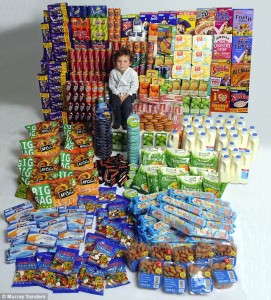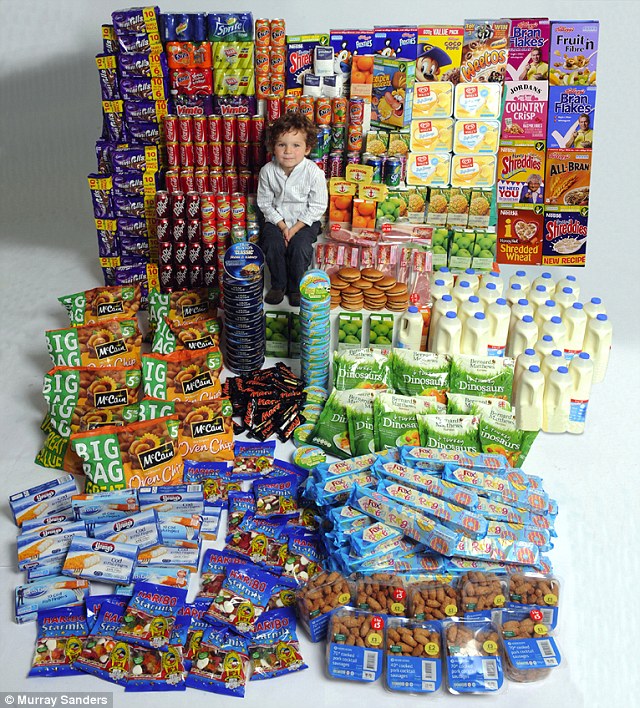OK folks, it’s war!
The bad guys – junk food industry, including soda makers – are winning the war. That is, they’re doing their level best to continue to market and sell their products and prevent any constraint of their trade by government agencies or even “advisory committees.”
Earlier this spring, four agencies – Federal Trade Commission (FTC), Centers for Disease Control and Prevention (CDC), US Department of Agriculture (USDA), and the Food and Drug Administration (FDA) – proposed voluntary “principles” for food companies that were intended to reduce the advertising aimed at kids for fast food, sugary cereals, candy and a host of other nutrient-deficient food products.
These are the agencies that not only purport to develop programs to keep Americans healthy, but also to ensure that advertising is both honest and responsible.

Big Food – PepsiCo, Kraft Foods, McDonald’s, the American Beverage Association, et al – have put together a “Sensible Food Policy Coalition” which has spent nearly $60 million lobbying federal agencies and Congress to derail any federal proposals.
That same group has released their own guidelines, which are modest enough that two-thirds of the products the companies now advertise already meet them.
Mark Bittman, writing about food for the New York Times opinion section, has let loose a volley of his own against bad food. He proposes that we should tax foods like soda, French fries, doughnuts, and hyperprocessed snacks. And the resulting income should be used to subsidize healthy foods. And it’s not just Americans that consume mountains of junk food; this time last year British doctors were calling on ministers to impose “fat taxes” on unhealthy food.
The average American consumes 44.7 gallons of soft drinks annually and 17 gallons more of noncarbonated sweetened beverages. Bittman strays on one point that where he seems to have lost his clear thinking. He suggests that diet sodas would not be taxed.
The current artificial sweetener of choice is the controversial chemical aspartame, which The Center for Science in the Public Interest urges we not consume. Lest we throw the baby out with the bath water here, all sugar replacements need to be reviewed and given a clean bill of health by non-beverage industry investigators.
As Bittman points out, it’s harder for people to buy fruit than Froot Loops, and chips and Coke are a common breakfast. At least 30 cities and states have considered taxes on soda or all sugar-sweetened beverages.
Between 1977 and 2001, Americans consumed on the average 278 more calories per day. Where did those come from? More than 40% came from soda, “fruit” drinks, mixes like Kool-Aid and Crystal Light, beverages like Red Bull and Gatorade, and new products like Vitamin Water, which contains half as much sugar as Coke.
Obviously education is no match for marketing dollars spent to push the worst foods at us – especially at kids. The fast-food industry alone spent more than $4 billion on marketing in 2009. The top ten fast food restaurants spent more than $3 billion of it. That’s just one year!
It’s not only the junk food market that is upside down, federal subsidies turned the old “food pyramid” on its head. Meat, dairy, nuts and legumes were awarded almost 3/4 of all subsidies for the decade 1995 to 2005. Grains for human consumption received only about 13% of the funds. The subsidy for sugar, starch, oil and alcohol (10.7%) was paid out for corn, sugar beets, canola and the 80% of sunflower seed that was used for oil. The fruit and vegetable category was represented by only one fruit – apples – which received less than 1/2 of one percent of all subsidies.
So what about Mark Bittman’s suggestion? Why not tax what is bad for us and use the revenue to make it easier to buy and eat what’s good for us?


Greetings,
Just recently posted an article on Facebook group, Healthy Eating for a Healthy Life, that addresses this issue:
http://www.nytimes.com/2011/07/24/opinion/sunday/24bittman.html?_r=1&emc=eta1
More info to ponder ….
Sandy
https://www.facebook.com/groups/216112269994